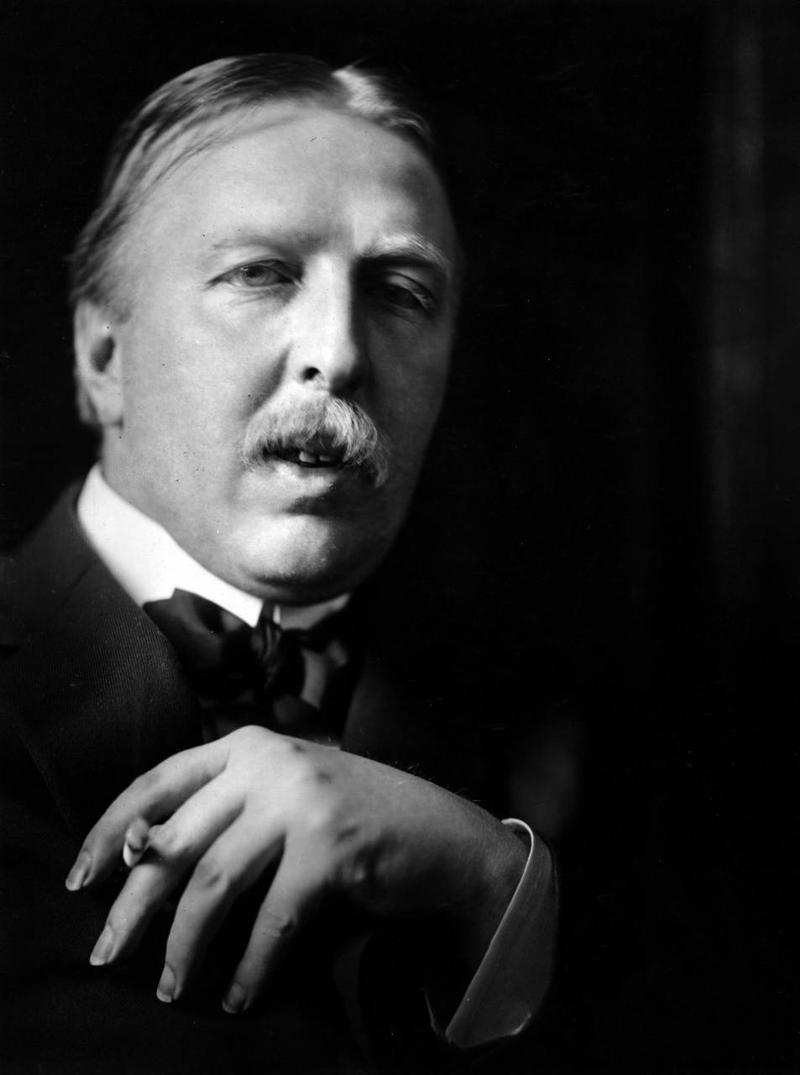
Ford Madox Ford
In January 1952, with his career declining, his money exhausted, and his health precarious, Evelyn Waugh was heading for a nervous breakdown. He then made the only reference in his extensive Diaries, Essays, and Letters to Ford Madox Ford, whose novels had a therapeutic effect, telling his socialite friend Diana Cooper, “I find Ford M. Ford’s war books take my mind off my distresses. Very good and puzzling.” Critics have occasionally compared Ford’s World War I tetralogy Parade’s End (1924–28) to Waugh’s World War II trilogy Sword of Honor (1952–61), but there are no references to Ford’s war novels in any of the books that discuss A Handful of Dust (1934). James Mulvihill concluded that both novels are “black comedies of manners featuring doomed traditionalists cuckolded by cyphers.” But his brief note scarcely begins to show the profound influence of Parade’s End, Ford’s most ambitious work, on Waugh’s early masterpiece.
The two authors, separated by a generation, have a few biographical similarities. Both were Catholic converts: Ford in 1892, Waugh in 1930. Both volunteered to fight in the world wars, though over age—Ford was 41, Waugh 37. And both had nervous breakdowns: Ford in 1904 and 1916, Waugh in 1954. Coincidentally, in Parade’s End, Christopher Tietjens’s treacherous friend, Vincent Macmaster, has written a book on Dante Gabriel Rossetti, who became the subject of Waugh’s first book in 1928.
After a tempestuous liaison, Ford left Violet Hunt (a model for
